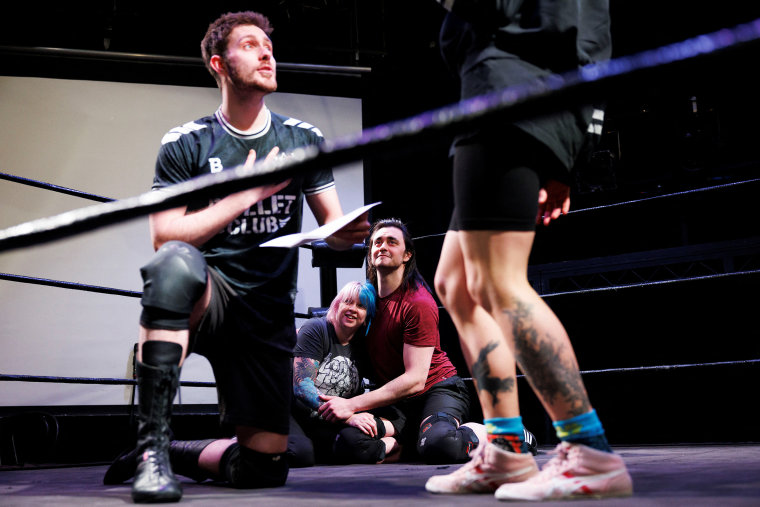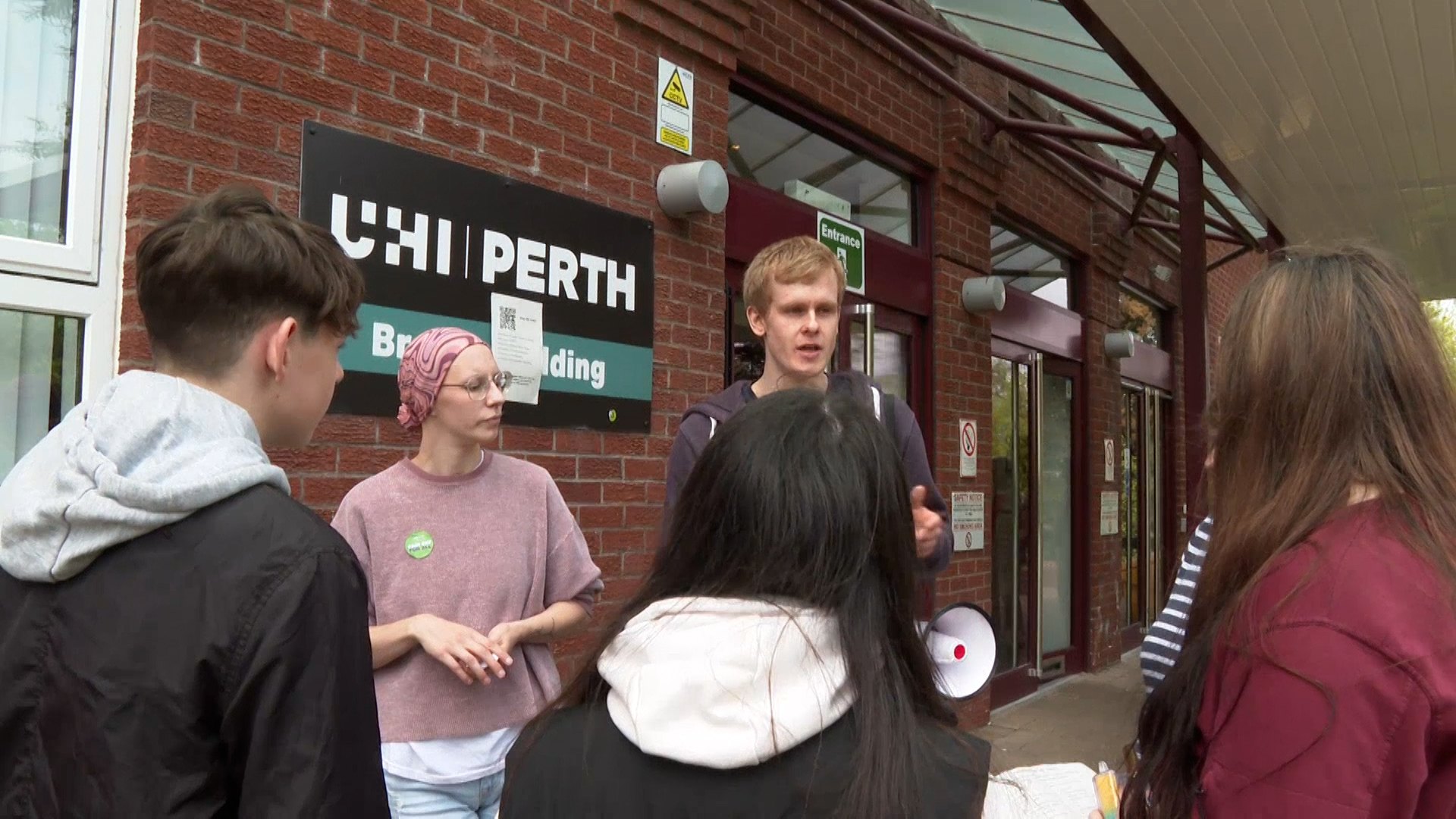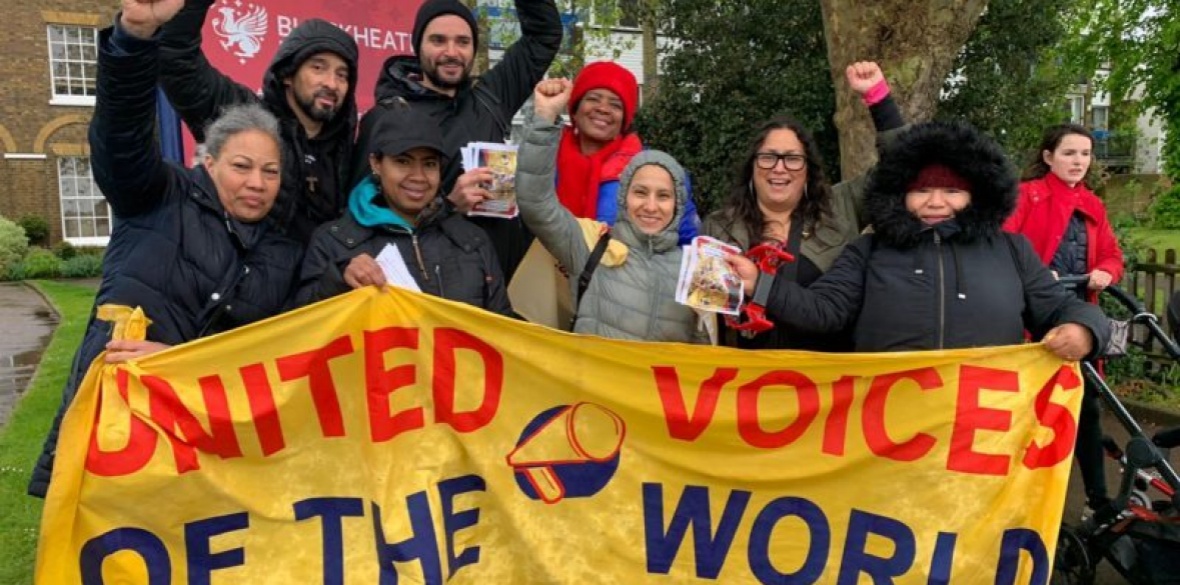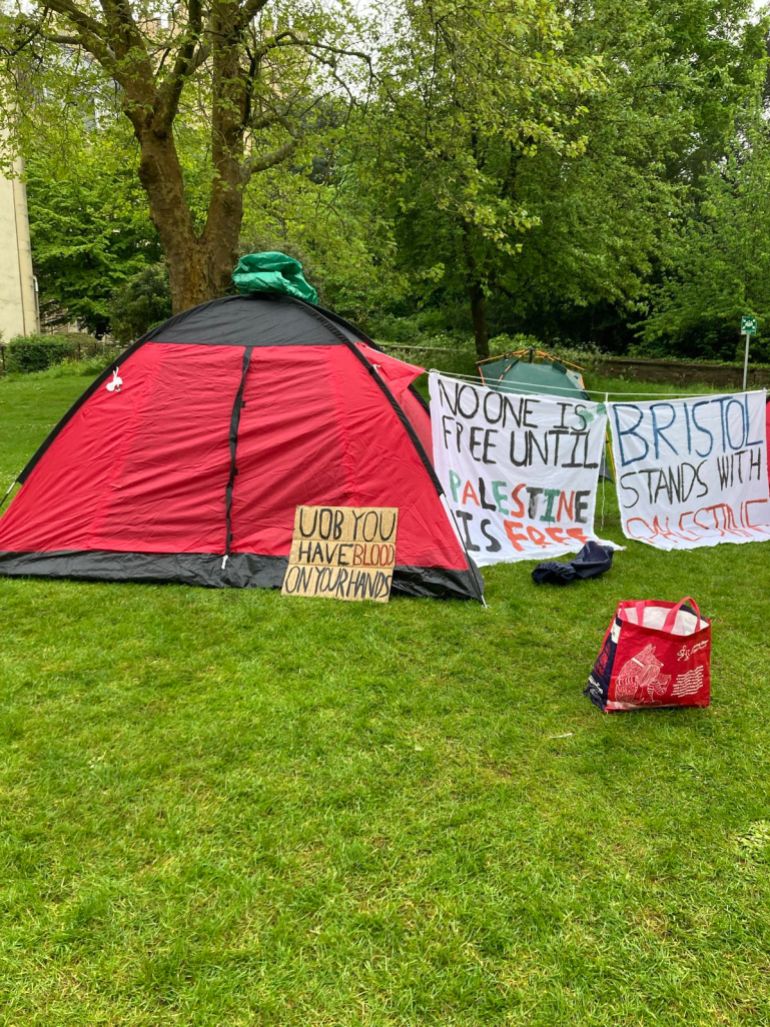The mission of Fist Club is to prove “that wrestling isn’t just drag for straight people, it’s drag for everyone.”

May 9, 2024, 7:40 AM MDT / Source: Reuters
LONDON — Think fishnet tights, silver hot pants and long false eyelashes, then add in bodies bouncing off ropes and into takedowns which land with bottoms on faces. This is queer wrestling outfit Fist Club.
Their mission, they say, is to prove “that wrestling isn’t just drag for straight people, it’s drag for everyone.”
It was that sense of fun which pleased the crowd at a sold-out theatre in North London for their latest show.
The group’s founders — Daisy Lang, Ash Wilk and Heather Brandenburg — shared a love of wrestling, but wanted a space that was accepting of those not aligned with the conventional image of a wrestler, so they created one.
“For me, It’s all about the queer joy,” Wilk told Reuters backstage. “Nothing gives me the same queer joy as Fist Club.”
That joy comes as much from the costumes and make-up, incorporating drag and cabaret elements, as it does from the clinches and joint lock moves performed in the ring.
Several extravagantly tattooed acts laugh and pose in the dressing room as they put the finishing touches to their wigs, paint on pencil mustaches, and add glitter where necessary.
“My identity doesn’t fit with the cis-straight man identity of your kind of typical wrestler,” said Lang, whose characters include drag king Rocky Rhodes.
By creating a space that is queer-focused and trans-inclusive, they believe they have created a show where everyone can feel at home, a modern-day version of the wrestling that drew in audiences of millions when it was televised in Britain in the 1970s and 1980s.
Back in North London, the crowd whoop with delight when a character dressed to look like singer Tina Turner recovers from a painful-looking shoulder barge to overpower a crotchless trouser, bikini top-wearing opponent.
Fist Club host Katy Bulmer says it shows the universal appeal of what the group are doing.
“It doesn’t have to be your entire gimmick, you can just book queer people, you can book trans-people,” Bulmer said. “And people will come, and people will cheer and people will understand.”






 T
T


"The Classic Quotes by Xi Jinping," a multilingual TV program produced by China Media Group (CMG) that features quotes from ancient Chinese classics used by Chinese President Xi Jinping in his speeches and articles, began airing on Hungarian media outlets on Wednesday.
The show was launched on the same day Xi arrived in Hungarian capital Budapest for a state visit at the invitation of Hungarian President Tamas Sulyok and Prime Minister Viktor Orban.
During the opening ceremony, former Hungarian President Pal Schmitt and former Hungarian Prime Minister Peter Medgyessy applauded the airing of the program.
"The Classic Quotes by Xi Jinping" focuses on themes including common prosperity and green development, and selects the original speeches and quotes from ancient Chinese classics used by Xi to elaborate on ancient Chinese stories and wisdom.
During the program, the hosts invite foreign guests on on-site tours to experience and explore the traditional cultural perspectives that underlie China's achievements in governance and the value of ancient wisdom on modern society.
Former Hungarian President Pal Schmitt speaks at the opening ceremony of CMG's show "The Classic Quotes by Xi Jinping" in Budapest, Hungary, May 8, 2024. /CMG
Schmitt warmly welcomed Xi's visit, noting China is a trustworthy good friend and good partner of Hungary. He said as China and Hungary celebrate 75 years of diplomatic ties, the two countries have achieved a lot in jointly building the Belt and Road, while people-to-people and cultural exchanges between the two countries are thriving, and cooperation in sports and other fields have enhanced the traditional friendship between the two peoples.
He also said he is confident in the power of media to promote exchanges in the two countries' experience in governance and social development.
Shen Haixiong, vice minister of the Publicity Department of the Communist Party of China Central Committee and president of CMG, said in his speech that the media plays an irreplaceable and unique role in promoting exchanges between countries and enhancing people-to-people bonds.
Shen Haixiong, vice minister of the Publicity Department of the Communist Party of China Central Committee and president of CMG, speaks at the opening ceremony of CMG's show "The Classic Quotes by Xi Jinping" in Budapest, Hungary, May 8, 2024. /CMG
According to Shen, the show offers a window into Xi's thoughts on state governance, a better understanding of Chinese wisdom and spirit, and a deeper perception of the legacy of China's traditional culture and the unique charm of its efforts to build a modern civilization.
He said CMG is willing to work with Hungarian friends to promote cultural exchanges, people-to-people bonds and mutual learning between civilizations, so as to continue to write a new chapter in China-Hungary friendly and cooperative relations and contribute more to the construction of a community with a shared future for mankind.
(Cover: Opening ceremony of CMG's show "The Classic Quotes by Xi Jinping" in Budapest, Hungary, May 8, 2024. /CMG)